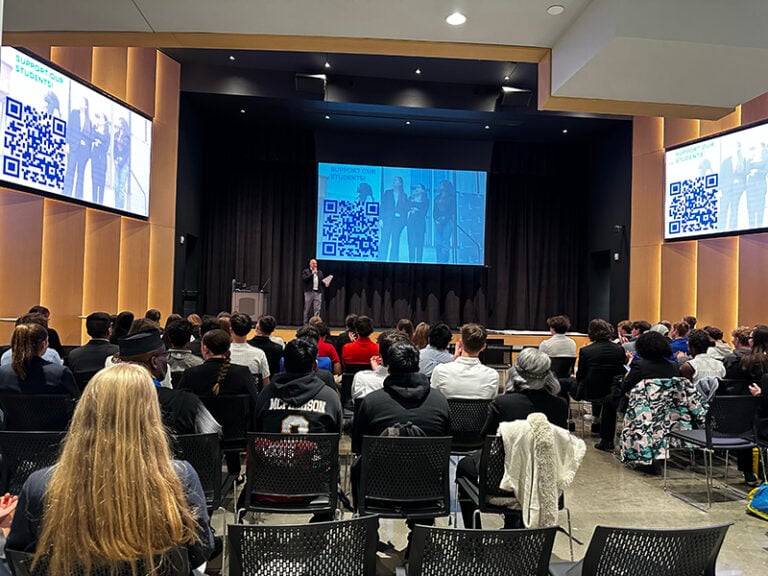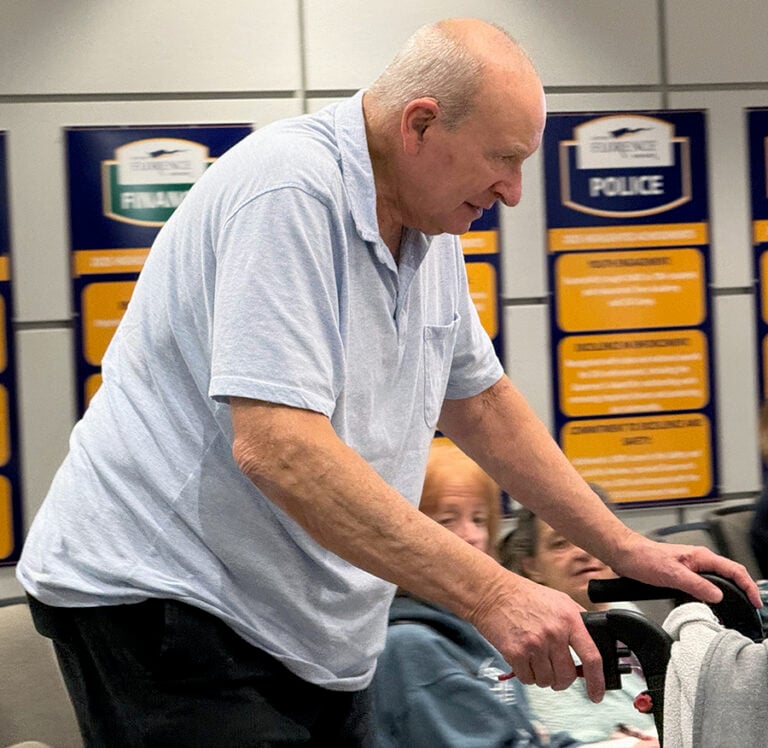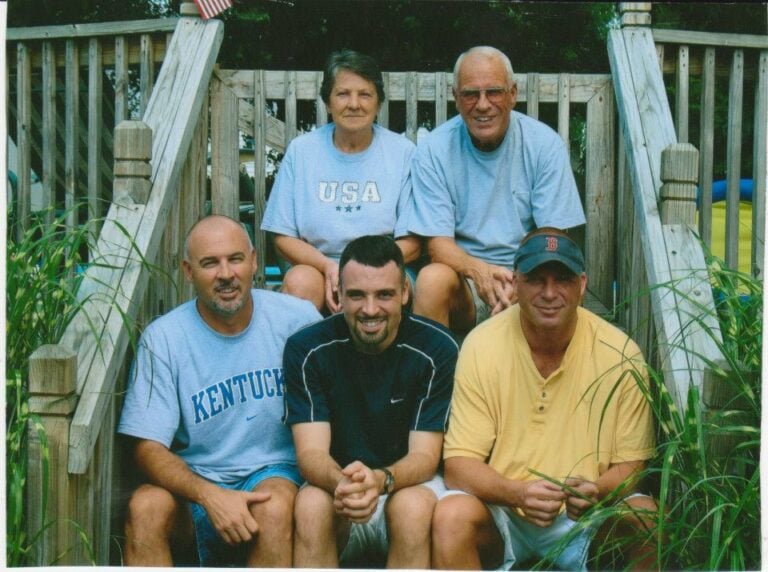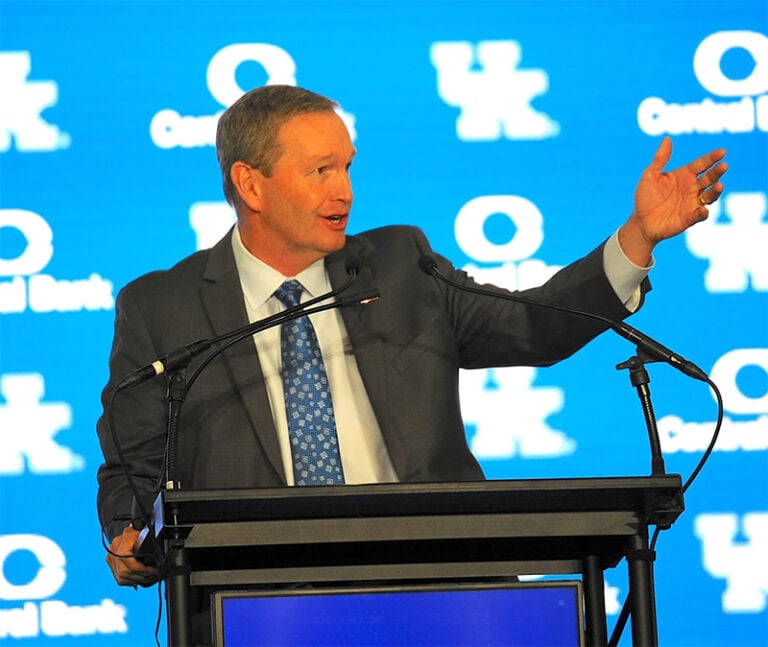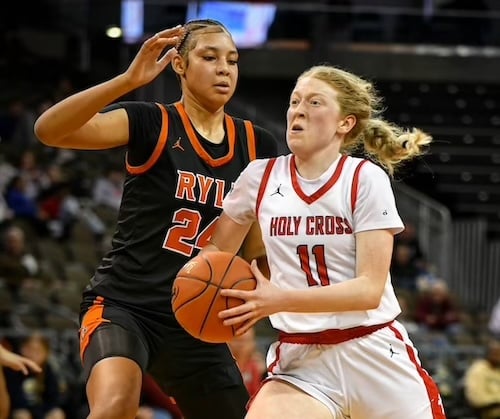By Dr. OJ Oleka and Dr. Lori Werth
Special to NKyTribune
In January 2020, college students were gearing up to return to campus. Many were looking forward to college sports, making new friends, and learning new content.
Then, COVID.
Job loss, healthcare expenses, rent payments, and utility bills — challenges that could be devastating if they happened individually — were now happening simultaneously. The unprecedented fiscal impact of the past year transcended political affiliations, local communities, and even national borders. COVID-19 has not only impacted businesses but has triggered financial challenges for many families. One group not often discussed in dealing with these challenges are students enrolled in college, and the families who financially support them.

Our students live complex lives. Some are 18 years old and fresh out of high school; others are in their mid-forties and looking to gain skills to find a better job to support their young children or aging parents. They are involved in their communities, work hard, and follow the rules. In the age of COVID and in the midst of rising higher education costs that threaten to lock low socioeconomic students and Students of Color out of college opportunities, college affordability and access are equity issues that cannot be ignored. The University of Pikeville has stepped up in a significant way, by working to provide direct financial relief to all of its students.
The University of Pikeville (UPIKE) has begun the process of making all textbooks and course materials completely free.
By transitioning all undergraduate and graduate courses to Open Educational Resources (OERs) and other no-cost course materials, UPIKE recognized that now was the moment to make this change for students and their families.
As leaders within higher education, we agree that classroom resources, including textbooks, are important as it guides learning within technical and community colleges as well as four-year university environments. But we also recognize the cost of textbooks is a barrier that impacts student learning. The inability to afford textbooks and other course materials is a social justice and equity issue, disproportionately and negatively impacting some students compared to others.

According to reports it would not be atypical for the cost of five textbooks for one semester to cost over $500. Expanded over a 4-year college career that includes eight semesters, that is roughly $4,000 in expenses for a resource that should be — and at UPIKE, is — free. The Commonwealth of Kentucky is leading this effort by making textbooks no longer a barrier to equality of learning. The University of the Cumberlands began this effort for the Fall 2020 semester, and recently, a third institution, Eastern Kentucky University, took this step by announcing a no-cost textbook initiative similar to UPIKE’s beginning in Fall 2021.
Saving over $4,000 during your college experience is like cutting out tuition for an entire semester. Imagine what that cost savings could mean for first-generation, low-income, or students from working class families? Enrollment could skyrocket, affordability would increase, student loan debt would decrease, and both higher education institutions and the students they serve would win.
We believe classroom materials should join great teaching in challenging students academically, not financially. Without a doubt, the cost of textbooks unequally impacts underserved students, undermining efforts in higher education to close these gaps. We believe this is a social justice issue and are calling for prioritization of affordability in order to promote educational equity. January 2020 was the start of a tough year for college students. January 2021 can be the start of a better one.
Dr. OJ Oleka is the President of the Association of Independent Kentucky Colleges and Universities. Dr. Lori Werth is the Provost at the University of Pikeville








